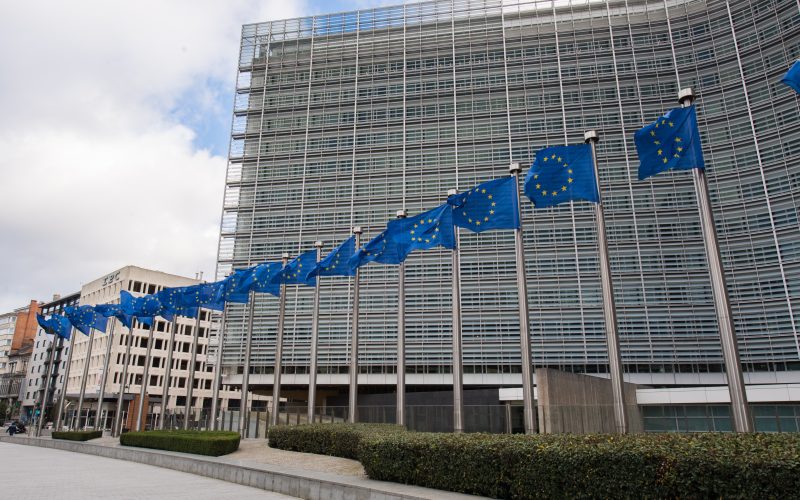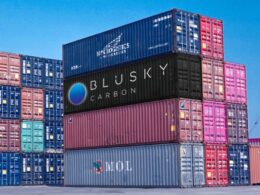The European Commission has announced €2.9 billion ($3.3 billion) in funding for 61 innovative net-zero technology projects across Europe, aimed at accelerating industrial decarbonisation and advancing the region’s climate neutrality goals. The funding will come from the EU’s Innovation Fund, which uses revenues from the EU Emissions Trading System (EU ETS).
Launched under the first Net-Zero Technologies Call (IF24) in December 2024, the programme seeks to strengthen Europe’s leadership in clean technology and speed up the deployment of large-scale solutions for industrial transformation.
The selected projects span 19 industrial sectors and 18 EU countries, covering fields such as energy-intensive industries, renewable energy and storage, low-emission mobility and buildings, cleantech manufacturing, and industrial carbon management.
According to the Commission, the projects are expected to cut 221 million tonnes of CO₂ equivalent during their first decade of operation — roughly equal to the annual emissions of 9.9 million cars — directly contributing to the EU’s 2050 climate neutrality target.
Project developers have been invited to begin preparing grant agreements with the European Climate, Infrastructure and Environment Executive Agency (CINEA). These agreements will confirm each project’s budget, timeline, technical milestones, and legal responsibilities. The funding contracts are expected to be finalised by mid-2026.
The Innovation Fund, financed by an estimated €40 billion in ETS revenues, is one of the world’s largest funding programmes for low-carbon and net-zero technologies.
The IF24 call drew 359 applications requesting a total of €21.7 billion—more than nine times the available budget—highlighting the growing maturity of Europe’s clean-tech sector and its alignment with the EU’s Clean Industrial Deal. With this latest round, the Innovation Fund has now supported over 270 projects, committing €15.6 billion in total.
Projects were evaluated by independent experts on the basis of emission reduction potential, innovation, maturity, replicability, and cost-effectiveness.
In 2024, the Commission also launched targeted funding for electric vehicle battery cell manufacturing and held its second renewable hydrogen auction under the European Hydrogen Bank. Grant agreements for both are expected to be signed before the end of this year. The next round of Innovation Fund calls is scheduled for December 2025.





















